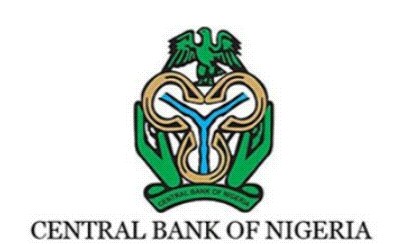Providence Emmanuel CENTRAL Bank of Nigeria has said that low income people must adopt digital banking to deepen access to financial services in rural areas. Head, Financial Inclusion Secretariat, CBN, Mrs. Temitope Akin-Fadeyi, said this at the 2nd Annual Conference of the Association of Mobile Money Agents in Nigeria, AMMAN, in Lagos with the theme:
“Spurring Mobile Money And Agent Banking Activities: Opportunity Options For Financial Inclusion Growth In Nigeria.” She said that globally, about two billion people do not use formal financial services and more than 50 percent of adults in the poorest households are unbanked, adding that financial inclusion is a key enabler to reducing poverty and boosting prosperity. “Financial inclusion is achieved when adult Nigerians have easy access to a broad range of formal financial services that meet their needs at an affordable cost. Globally, there were two billion unbanked adults in 2014, while 350 million of them were in Sub-Saharan Africa,” she noted. Fadeyi who was represented by Mr. George Ogudu, from Strategy/Coordination Office of the Secretariat, stated:
“The quicker the poor and low income people are willing to adopt Mobile & Agent Banking because it is cheap, accessible and secure, the deeper the access to financial services in the rural area and the better the life of people in that income bracket.’’ To spur mobile money and agent banking growth in Nigeria, she said that mobile money and agent banking should be seen as a rational channel for financially including un-banked and under-banked population. She said that financial inclusion is a pre-requisite for inclusive growth just as entrepreneurs are critical to the optimum utilization of resources to produce goods and services and create the much needed jobs in the economy towards sustainable economic development. She added that financial inclusion is essential to allow citizens at the bottom of the pyramid benefit fully from economic opportunities. “The stark reality is that most poor people in the world still lack access to sustainable financial services, whether it is savings, credit or insurance. The great challenge before us is to address the constraints that exclude people from full participation in the financial sector. Lower-income countries such as Nigeria have the largest potential, with the opportunity to add ten to twelve percent to their GDP, given low levels of financial inclusion and digital payments today. In comparison, middle-income countries such as China and Brazil could add four to five percent to GDP. Digital finance has the potential to provide access to financial services for 1.6 billion people in emerging economies, where more than half of them is women. It could increase the volume of loans extended to individuals and businesses by $2.1 trillion and allow governments to save $110 billion per year by reducing leakage in spending and tax revenue,” she said. In his welcome remark, President AMMAN, Mr. Victor Olojo, said that the conference is an opportunity to re-evaluate and re-examine its approach so far and most importantly gain new knowledge and insight of the newest trends in the digital financial markets and the many opportunities that are open to agents across the country. He added that despite constant intimidation and harassment by authorities like the Nigerian Police, tax and revenue boards, local government authorities, among others, agents have continued to deliver impeccable digital financial services to the best of their capacity. Olojo stated: “We strive to give our best without considering who gets the credit. For us, seeing more unbanked Nigerians access basic financial services and solving their basic financial problems isn’t just money making scheme, but a thing of passion and excitement. Highlighting some of the challenges with digital financial services, Dr. Olayinka David-West, of the Lagos Business School, said that there is a need to build commercial activities around mobile money due to harassments faced by mobile money agents when transactions are made.
Source:Vanguard
